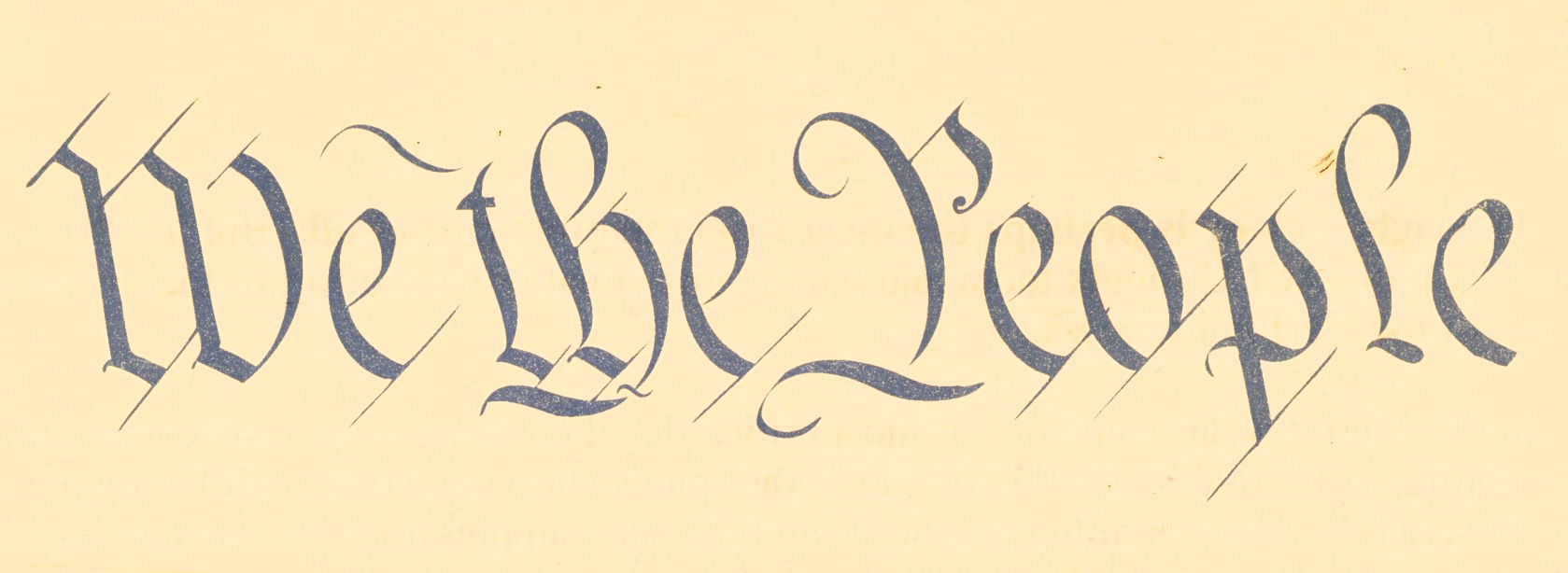
By Kim Phillips-Fein
The New Republic (3/29/18)
More than 100 years ago, at the height of the last Gilded Age, Congress passed its first law prohibiting corporations from spending money to influence election campaigns. From the start, the wealthy chafed against this limit, and some sought to test it in court. Alcohol manufacturers—terrified of high taxes and Prohibition—might not have seemed the ideal candidates to take on this fight. But they were nonetheless the first to challenge the law, contributing cash to candidates in state and federal races and then arguing that any effort to keep money out of politics was no less than an unconstitutional limitation on free speech.
Corporations had been able to lay claim to many of the freedoms and protections afforded by the Constitution, while avoiding the myriad limitations of being an actual human person—after all, a corporation can’t be thrown in jail for breaking the law.
At that time, state and federal courts rejected these arguments out of hand. To the Michigan Supreme Court, for example, it was self-evident that a local brewery had no “right to participate” in elections. The company, wrote the chief justice in a 1914 decision, was created not to engage in politics, but “for the purpose of manufacturing beer.” In a different case involving the Brewers Association, a federal court ruled that corporations “are not citizens of the United States,” and that as far as the franchise went, they must “at all times be held subservient to the government and the citizenship of which it is composed.”
Yet the beermakers finally had their day in 2010, when the Supreme Court issued its ruling in Citizens United. In a reversal of last century’s common sense, the Court found that corporations did have free speech rights after all and that campaign finance laws placed an intolerable restriction on those rights. In the next presidential election, corporate spending soared. Companies gave over $70 million in disclosed contributions to super PACs and likely hundreds of millions more in “dark money” donations to political groups that do not have to make public the details of their financing. Donate to one of these organizations and, as one fund-raising pitch put it, “No politician, bureaucrat, no radical environmentalist will ever know.”
For many critics, this sluice of cash was not the only troubling feature of Citizens United. It reflected a vision of society in which …


